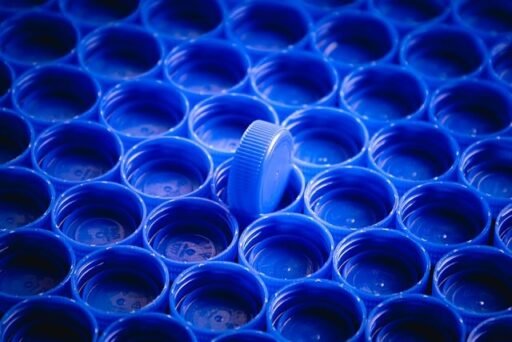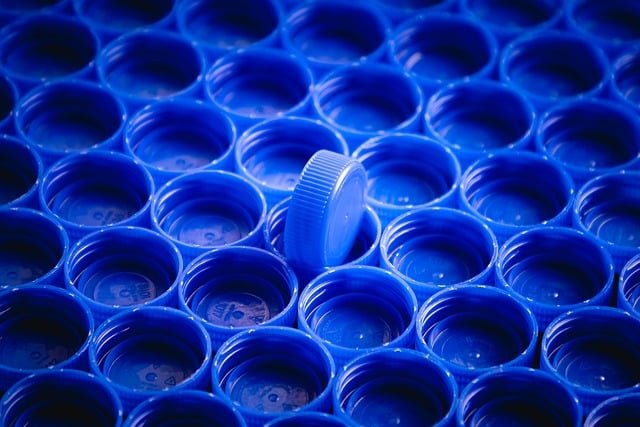## The Urgent Need for Plastic Recycling: Shaping a Sustainable Future
We live in a world increasingly dominated by plastic. From the moment you wake up and brush your teeth with a plastic toothbrush, to the food you buy wrapped in plastic packaging, to the phone you scroll through with a plastic screen – plastic is ubiquitous. While undeniably convenient and versatile, our dependence on plastic comes at a steep environmental cost. The very durability that makes plastic so useful also makes it a persistent pollutant, lingering in landfills and oceans for centuries.
### ## The Environmental Impact of Plastic Pollution
Plastic pollution is a global crisis with far-reaching consequences. Every year, millions of tons of plastic waste end up in our oceans, harming marine life and disrupting delicate ecosystems. Seabirds mistake plastic fragments for food, filling their stomachs with indigestible material that leads to starvation. Sea turtles become entangled in plastic bags and fishing nets, often resulting in injury or death.

The problem extends far beyond our oceans. Plastic waste litters our landscapes, contaminates our soil, and even enters our food chain. Microplastics, tiny particles less than 5 millimeters in size, have been found everywhere from the Arctic to the deepest ocean trenches, and even in the food we eat and the water we drink. The long-term health effects of microplastic ingestion are still being studied, but early research suggests potential risks to human health.
### ## The Power of Plastic Recycling
Fortunately, there is a solution to the plastic pollution crisis: **recycling**. Recycling plastic offers a powerful way to mitigate its environmental impact and conserve valuable resources. By transforming used plastic into new products, we can reduce the amount of plastic ending up in landfills and oceans, lessen our dependence on fossil fuels, and create a more sustainable future.
### ### How Plastic Recycling Works
The process of plastic recycling involves collecting, sorting, cleaning, and processing used plastic into new materials. Different types of plastic require different recycling processes, which is why it’s crucial to properly sort your recyclables.

Once sorted, the plastic is cleaned to remove any contaminants and then shredded into small pieces. These pieces are melted down and molded into new products, such as packaging, clothing, furniture, and even building materials.
### ### The Benefits of Choosing Recycled Plastic
Opting for products made from recycled plastic offers a multitude of benefits. Firstly, it reduces the demand for virgin plastic production, which relies heavily on fossil fuels and contributes to greenhouse gas emissions. Secondly, it conserves natural resources by reducing the need to extract new raw materials. Thirdly, it helps divert plastic waste from landfills and oceans, mitigating the harmful effects of plastic pollution.
### ## Embracing a Circular Economy for Plastic
The concept of a circular economy for plastic is gaining momentum as a sustainable solution. Unlike the traditional linear economy,







